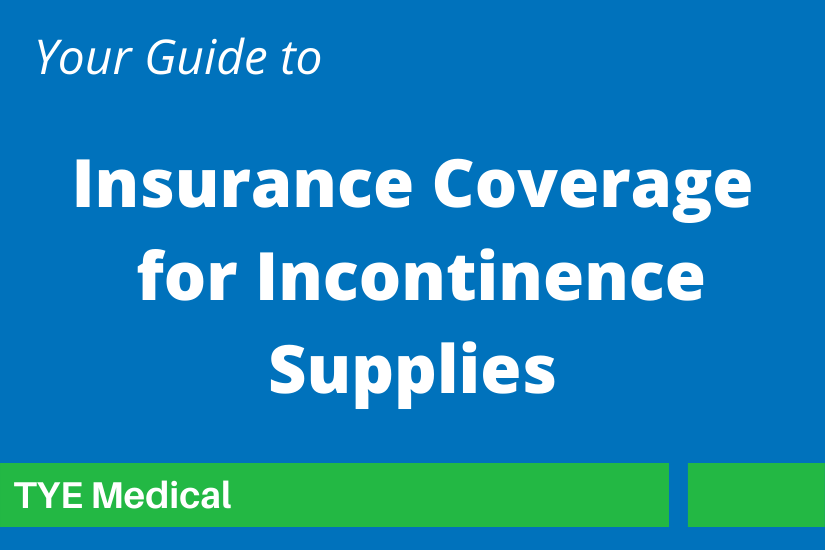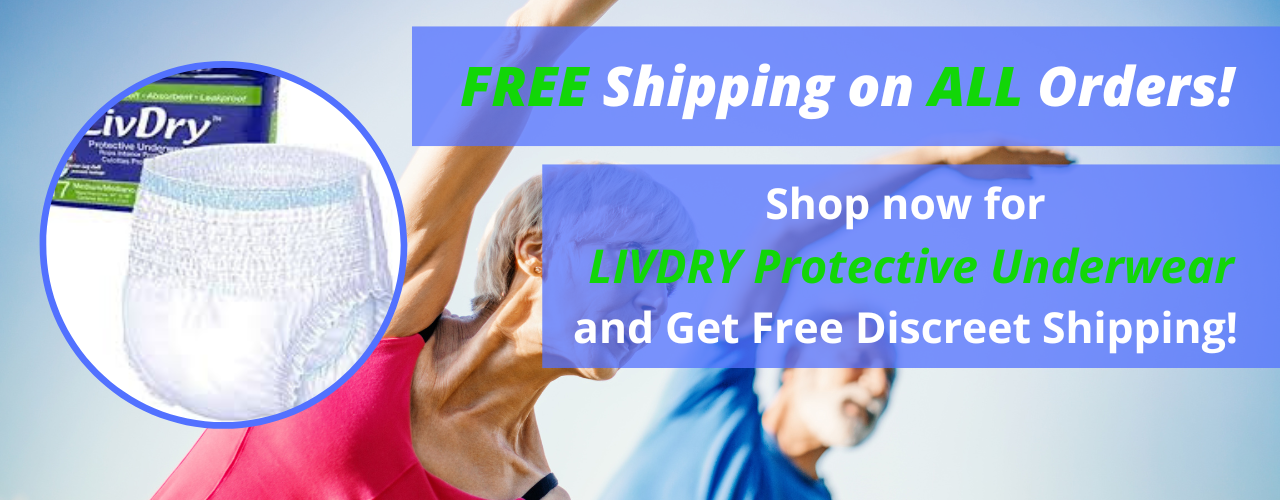Insurance Coverage for Incontinence Supplies
Does Medicare Cover Incontinence Supplies?
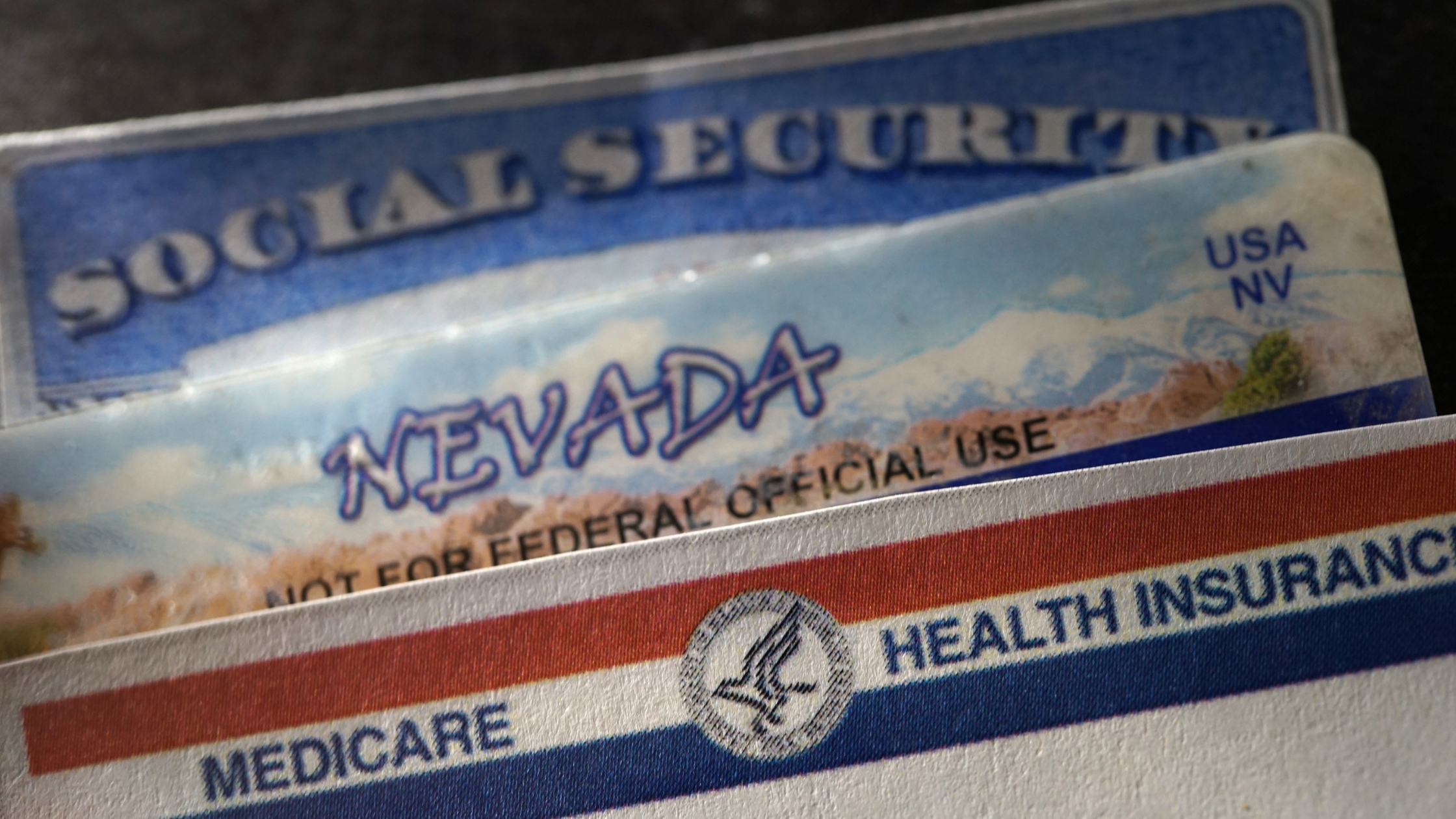
Original Medicare (parts A and B) and Medicare Supplement Insurance (also known as Medigap policies) don’t cover incontinence supplies, as they’re considered disposable homecare supplies that don’t require a prescription. Disposable supplies differ from durable medical equipment (or home medical equipment) like wheelchairs, walkers, scooters, hospital beds, and other items.
While Medicare and many private insurance companies often cover most costs for durable medical equipment, this coverage doesn’t extend to homecare products like incontinence supplies for seniors or adult diapers. It’s unfortunate because most incontinent adults spend several hundred dollars per month on supplies.
What About Medicare Advantage Plans?
If you want diapers or incontinence briefs covered by Medicare, you’ll need to find the right Medicare Advantage plan (Part C).
With an Advantage plan, you’ll get all your Original Medicare benefits along with supplemental benefits like hearing and dental services, bundled together and administered by one private health insurance company. But not all Advantage plans include coverage for elderly diapers or incontinence supplies for seniors.
To secure these benefits, you’ll need to discuss coverage with local agents representing Advantage plans available in your area.
Does Medicaid Cover Incontinence Supplies?
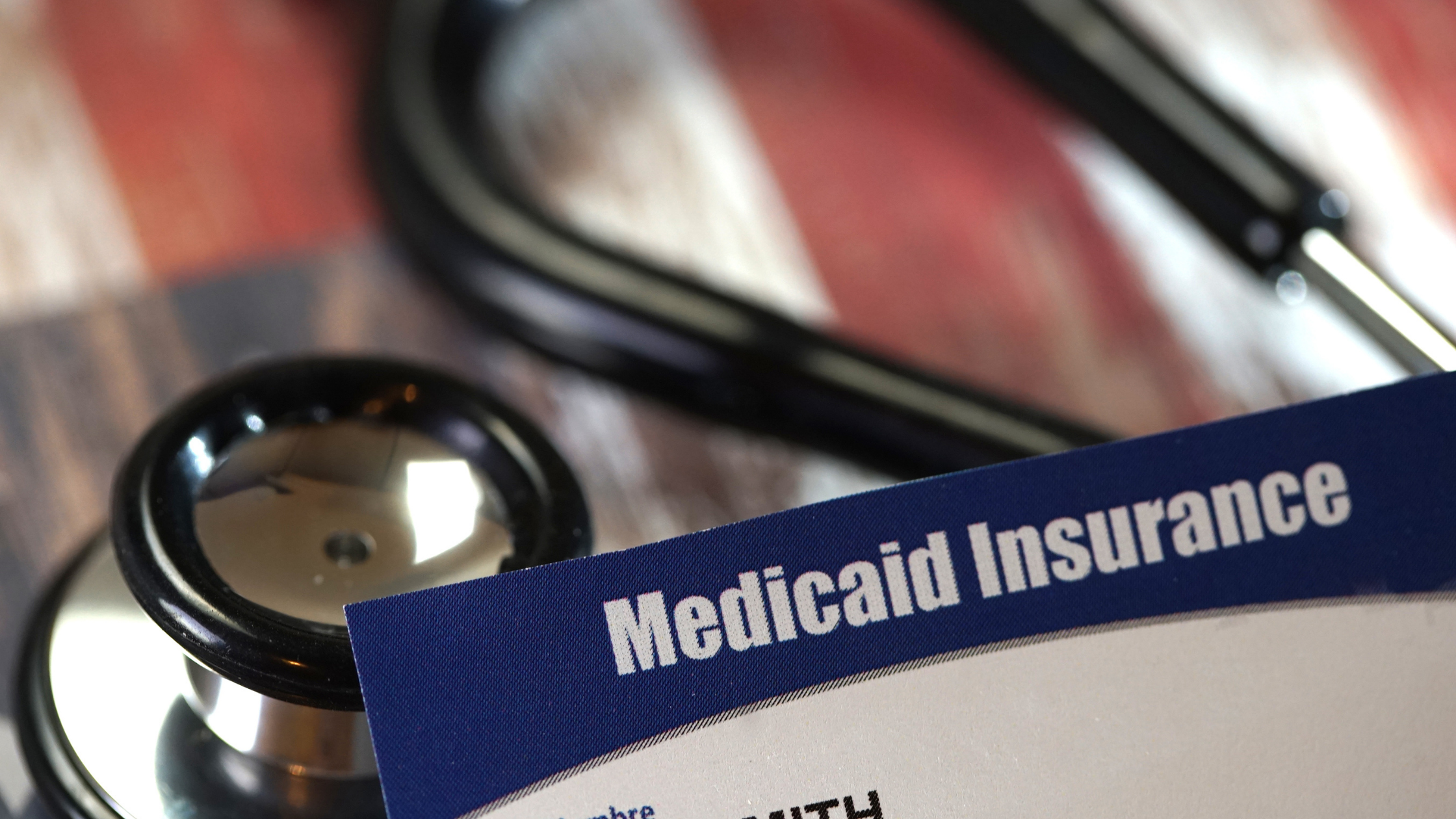
Medicaid is a state-specific program, meaning that benefits vary between states. It’s a program available to all Americans who meet state requirements and have limited financial resources. If you or your loved one qualify for Medicaid, you’ll receive coverage for home care products like incontinence supplies for seniors.
But keep in mind that many state Medicaid programs restrict coverage for incontinence supplies based on the brand and limit the maximum number of products covered each month. The quality brand you prefer might not be covered, and you might still need to purchase additional incontinence products yourself.
Do Veteran’s Health Benefits Cover Incontinence Supplies?

If you’re a veteran and your doctor has diagnosed you with incontinence, you can get coverage for adult diapers and related incontinence supplies for seniors through your VA health benefits. The VA typically handles “medical supplies” through the veteran’s Pharmacy Service.
However, the standard-issue brand might not be adequate for managing your incontinence symptoms. If that’s the case, your doctor can write a prescription (or medical justification) for your preferred brand that provides the absorbency and other features that better meet your needs. They might need to include reasons why a specific brand is better for you.
How Do I Get Assistance for Incontinence Supplies?

Veterans Pensions
If you have the Aid and Attendance (A&A) or Housebound pension, you can indirectly get coverage for your incontinence supplies through a reimbursement. When you apply for the pension, include the cost of your incontinence supplies on the application, and your pension payment will be increased by this amount.
Tax Deductions for Incontinence Supplies
If you’re paying out of pocket for any portion of your incontinence supplies or adult diapers, you can claim the full cost as a deduction on your tax return. The relevant tax benefits are:
Medical and Dental Expenses
Expenses, including incontinence supplies, must exceed 7.5% of your adjusted gross income.
Dependent Care Credit
This includes expenses for the care of a dependent adult like an aging parent. It’s also referred to as the Child and Dependent Care Credit, Elderly Dependent Care Credit, or the Aging Parent Tax Credit. This includes expenses like:
- Professional homecare
- Adult daycare
- Household services (housecleaning, cooking, etc.)
While this credit doesn’t directly apply to incontinence supplies for seniors, taking the credit to help pay for professional care and services can offset the cost of adult diapers and other incontinence products.
Covering Costs of Incontinence Supplies with a Health Savings Account
You can also opt for a health insurance plan that’s eligible for a health savings account (HSA). Contributions to this savings account aren’t subject to federal tax and can be used to pay for qualified medical expenses like adult diapers and incontinence supplies.
The balance remaining in your HSA account at the end of the year will carry over to the next, ensuring you always have money set aside for health expenses not covered by health insurance plans. Just be sure to keep receipts for purchases made with your HSA account to receive your tax deduction.
Save Money on Incontinence Products with TYE Medical
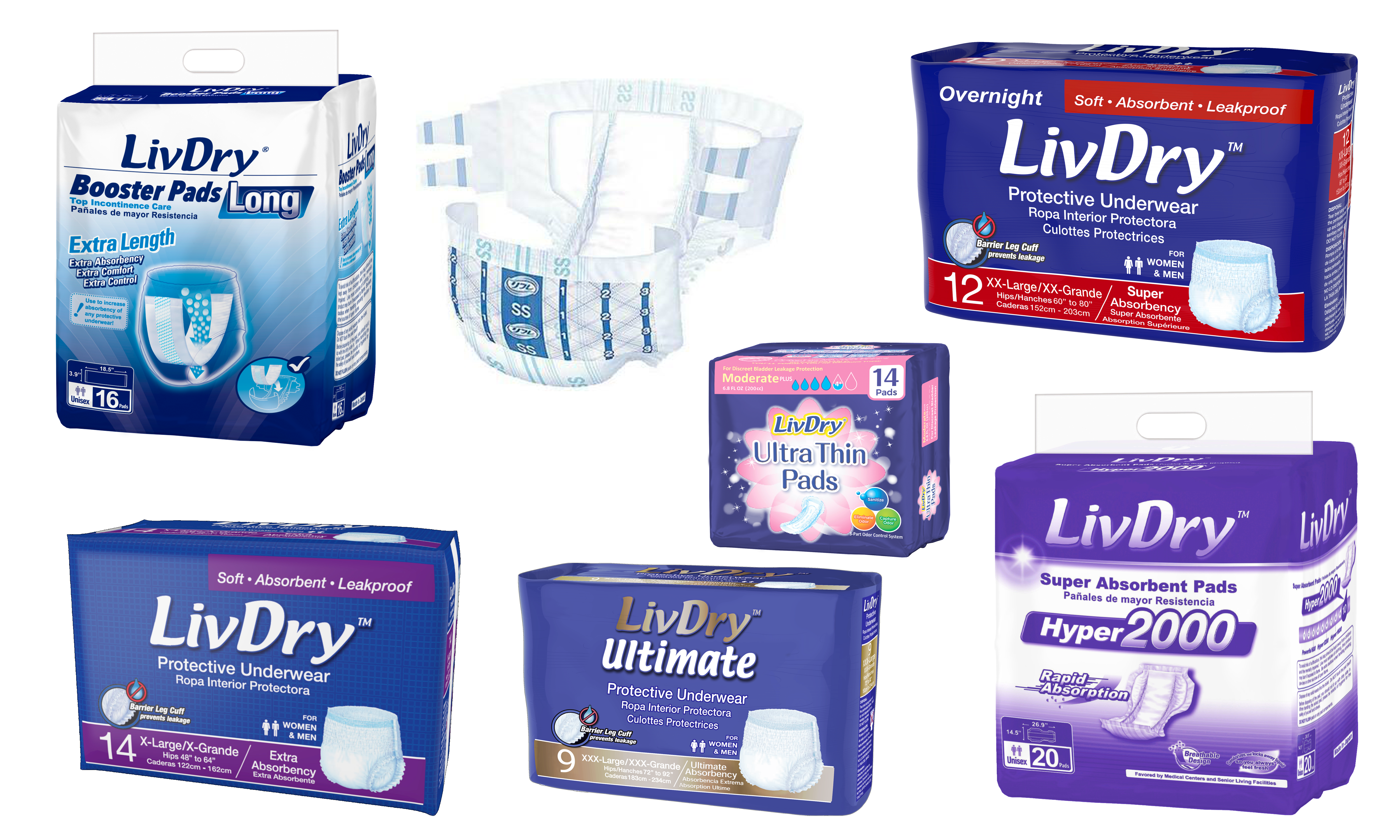
A variety of options exist for assistance with incontinence supplies. Even if you’re not eligible for Medicare Advantage, Medicaid, or VA benefits, tax deductions and credits can help. And for some, it makes sense to claim tax credits and deductions for medical expenses while also using an HSA account for an additional tax advantage.
But you can also reduce costs using TYE Medical’s Two-Piece System for protective underwear and briefs (or adult diapers). Rather than disposing of the underwear or brief with every soil, you only throw out the Shaped Pad.
The insert pad has a waterproof or “hydrophobic” back layer to keep your Protective Underwear or Premium Briefs dry. Since you pay less for the Shaped Pads, you save money on premium protection, and the system is more convenient for you or caregivers.
For more information and a brief video about our Two-Piece System, visit the page on our website.
If you’re unsure which TYE Medical product is right for you, visit our homepage for a personalized product recommendation.

